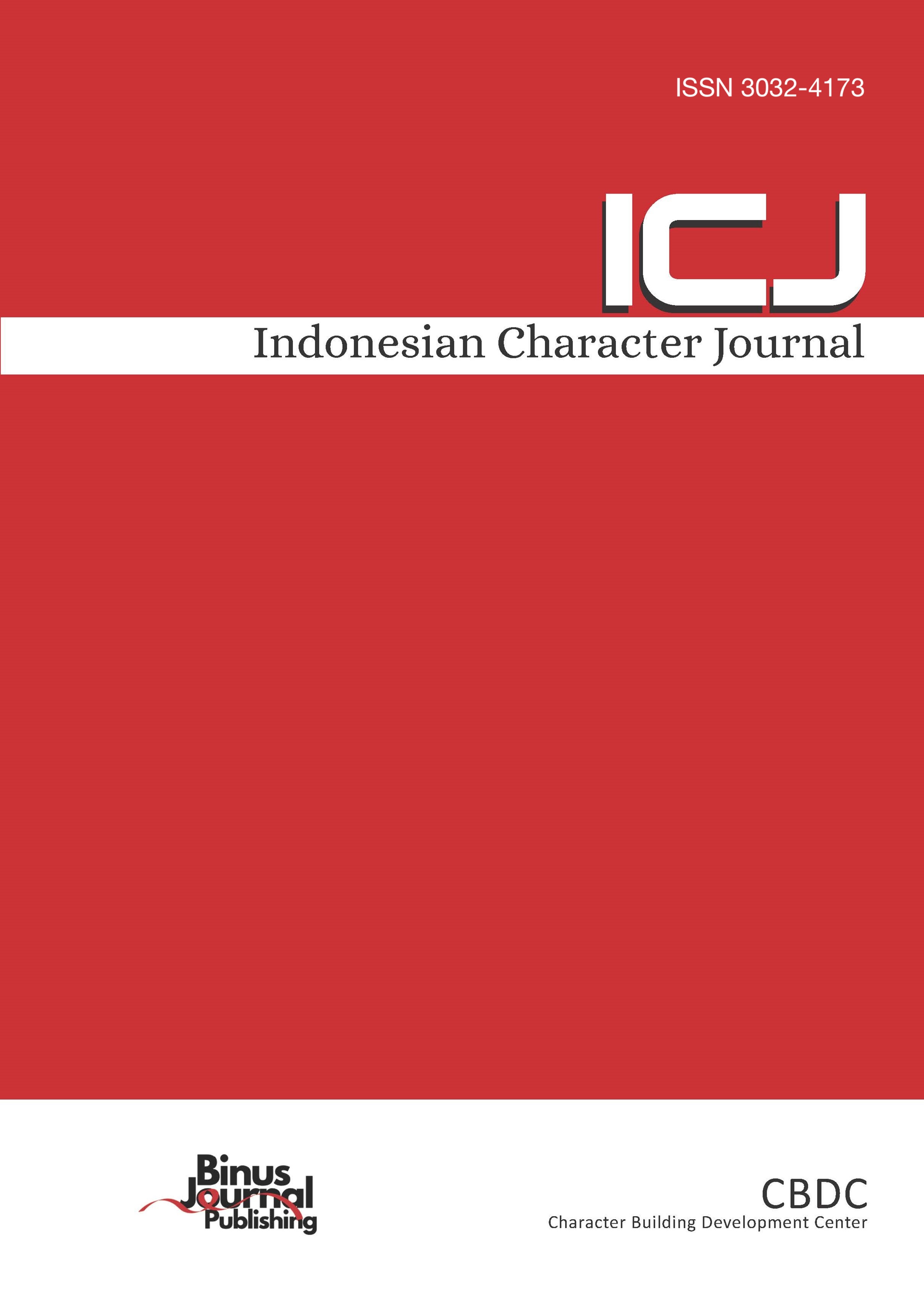Sikap Mahasiswa terhadap Penggunaan Kantong Kain untuk Mengatasi Climate Action
DOI:
https://doi.org/10.21512/icj.v2i1.11536Abstract
Pencemaran lingkungan di Indonesia akibat sampah plastik semakin meningkat. Plastik tidak hanya berpengaruh terhadap pencemaran laut, plastik juga memicu terjadinya “perubahan iklimâ€. Perubahan iklim disebabkan oleh tingginya jumlah emisi gas CO2 yang menimbulkan berbagai dampak negatif terhadap bumi kita. Penelitian ini bertujuan untuk mengetahui proses dari penggunaan kantong kain di kalangan mahasiswa dan mengetahui ketertarikan mahasiswa terhadap daur ulang. Metode penelitian yang digunakan adalah metode penelitian kualitatif dengan menggunakan kuesioner kepada 15 mahasiswa jurusan Sastra China. Hasil dari penelitian ini adalah mahasiswa sudah mengetahui dan mendapatkan informasi mengenai daur ulang dan sudah menerapkan kegiatan daur ulang sampah plastik tersebut. Mahasiswa juga memahami proses penggunaan kantong kain. Mahasiswa juga tertarik terhadap kegiatan daur ulang tersebut salah satunya beralih menggunakan kantong kain sebagai pengganti kantong plastic. Penggunaan kong kain selain lebih hemat, juga dapat mengurangi limbah sampah plastik, ramah lingkungan, lebih praktis dan juga nyaman.
Downloads
Published
Issue
Section
License
Copyright (c) 2024 yi_ying, Evelyn Bastian

This work is licensed under a Creative Commons Attribution-ShareAlike 4.0 International License.
Authors who publish with this journal agree to the following terms:
a. Authors retain copyright and grant the journal right of first publication with the work simultaneously licensed under a Creative Commons Attribution License - Share Alike that allows others to share the work with an acknowledgment of the work's authorship and initial publication in this journal.
b. Authors are able to enter into separate, additional contractual arrangements for the non-exclusive distribution of the journal's published version of the work (e.g., post it to an institutional repository or publish it in a book), with an acknowledgment of its initial publication in this journal.
c. Authors are permitted and encouraged to post their work online (e.g., in institutional repositories or on their website) prior to and during the submission process, as it can lead to productive exchanges, as well as earlier and greater citation of published work.
Â
USER RIGHTS
 All articles published Open Access will be immediately and permanently free for everyone to read and download. We are continuously working with our author communities to select the best choice of license options, currently being defined for this journal as follows: Creative Commons Attribution-Share Alike (CC BY-SA)
Â








 This work is licensed under a
This work is licensed under a 